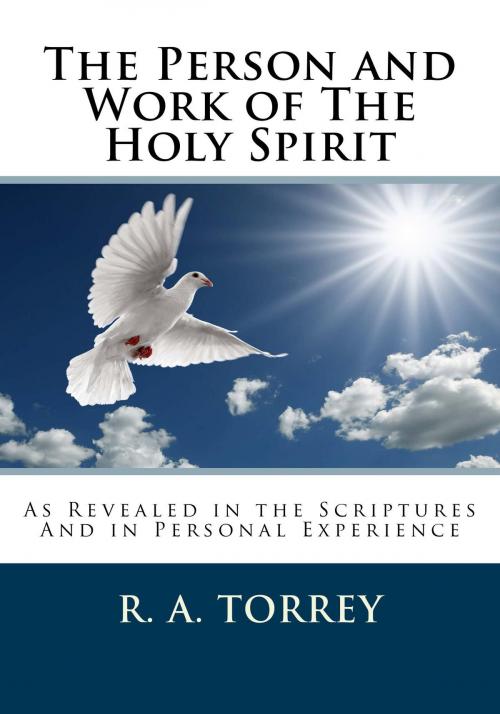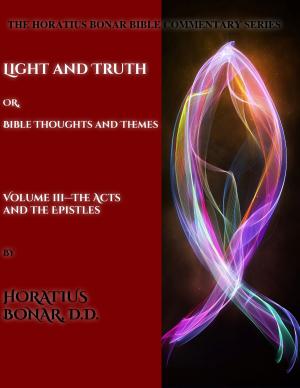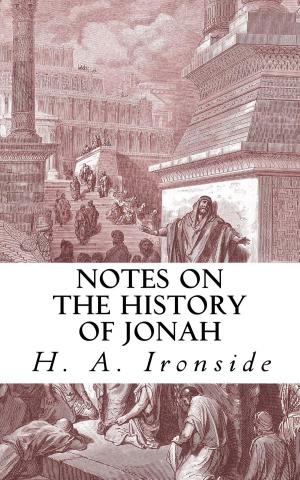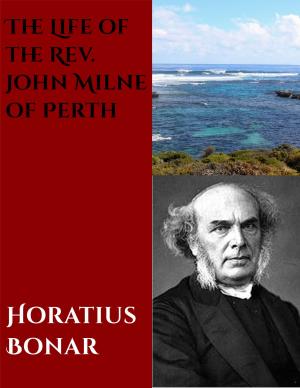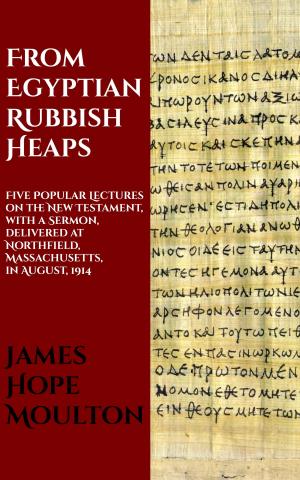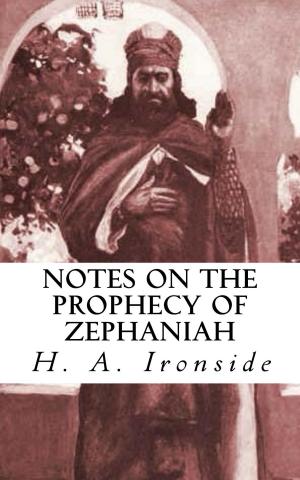The Person and Work of the Holy Spirit
Nonfiction, Religion & Spirituality, Christianity, General Christianity, Theology, Christian Life| Author: | R. A. Torrey | ISBN: | 1230001930344 |
| Publisher: | CrossReach Publications | Publication: | September 24, 2017 |
| Imprint: | Language: | English |
| Author: | R. A. Torrey |
| ISBN: | 1230001930344 |
| Publisher: | CrossReach Publications |
| Publication: | September 24, 2017 |
| Imprint: | |
| Language: | English |
Before one can correctly understand the work of the Holy Spirit, he must first of all know the Spirit Himself. A frequent source of error and fanaticism about the work of the Holy Spirit is the attempt to study and understand His work without first of all coming to know Him as a Person.
It is of the highest importance from the standpoint of worship that we decide whether the Holy Spirit is a Divine Person, worthy to receive our adoration, our faith, our love, and our entire surrender to Himself, or whether it is simply an influence emanating from God or a power or an illumination that God imparts to us. If the Holy Spirit is a person, and a Divine Person, and we do not know Him as such, then we are robbing a Divine Being of the worship and the faith and the love and the surrender to Himself which are His due.
It is also of the highest importance from the practical standpoint that we decide whether the Holy Spirit is merely some mysterious and wonderful power that we in our weakness and ignorance are somehow to get hold of and use, or whether the Holy Spirit is a real Person, infinitely holy, infinitely wise, infinitely mighty and infinitely tender who is to get hold of and use us. The former conception is utterly heathenish, not essentially different from the thought of the African fetich worshipper who has his god whom he uses. The latter conception is sublime and Christian. If we think of the Holy Spirit as so many do as merely a power or influence, our constant thought will be, “How can I get more of the Holy Spirit,” but if we think of Him in the Biblical way as a Divine Person, our thought will rather be, “How can the Holy Spirit have more of me?” The conception of the Holy Spirit as a Divine influence or power that we are somehow to get hold of and use, leads to self-exaltation and self-sufficiency. One who so thinks of the Holy Spirit and who at the same time imagines that he has received the Holy Spirit will almost inevitably be full of spiritual pride and strut about as if he belonged to some superior order of Christians. One frequently hears such persons say, “I am a Holy Ghost man,” or “I am a Holy Ghost woman.” But if we once grasp the thought that the Holy Spirit is a Divine Person of infinite majesty, glory and holiness and power, who in marvellous condescension has come into our hearts to make His abode there and take possession of our lives and make use of them, it will put us in the dust and keep us in the dust. I can think of no thought more humbling or more overwhelming than the thought that a person of Divine majesty and glory dwells in my heart and is ready to use even me.
Before one can correctly understand the work of the Holy Spirit, he must first of all know the Spirit Himself. A frequent source of error and fanaticism about the work of the Holy Spirit is the attempt to study and understand His work without first of all coming to know Him as a Person.
It is of the highest importance from the standpoint of worship that we decide whether the Holy Spirit is a Divine Person, worthy to receive our adoration, our faith, our love, and our entire surrender to Himself, or whether it is simply an influence emanating from God or a power or an illumination that God imparts to us. If the Holy Spirit is a person, and a Divine Person, and we do not know Him as such, then we are robbing a Divine Being of the worship and the faith and the love and the surrender to Himself which are His due.
It is also of the highest importance from the practical standpoint that we decide whether the Holy Spirit is merely some mysterious and wonderful power that we in our weakness and ignorance are somehow to get hold of and use, or whether the Holy Spirit is a real Person, infinitely holy, infinitely wise, infinitely mighty and infinitely tender who is to get hold of and use us. The former conception is utterly heathenish, not essentially different from the thought of the African fetich worshipper who has his god whom he uses. The latter conception is sublime and Christian. If we think of the Holy Spirit as so many do as merely a power or influence, our constant thought will be, “How can I get more of the Holy Spirit,” but if we think of Him in the Biblical way as a Divine Person, our thought will rather be, “How can the Holy Spirit have more of me?” The conception of the Holy Spirit as a Divine influence or power that we are somehow to get hold of and use, leads to self-exaltation and self-sufficiency. One who so thinks of the Holy Spirit and who at the same time imagines that he has received the Holy Spirit will almost inevitably be full of spiritual pride and strut about as if he belonged to some superior order of Christians. One frequently hears such persons say, “I am a Holy Ghost man,” or “I am a Holy Ghost woman.” But if we once grasp the thought that the Holy Spirit is a Divine Person of infinite majesty, glory and holiness and power, who in marvellous condescension has come into our hearts to make His abode there and take possession of our lives and make use of them, it will put us in the dust and keep us in the dust. I can think of no thought more humbling or more overwhelming than the thought that a person of Divine majesty and glory dwells in my heart and is ready to use even me.
